How to cite this article: Shmuel Safrai, “The Role of Women in the Temple,” Jerusalem Perspective 21 (1989): 5-6 [https://www.jerusalemperspective.com/2376/].
Joseph and Mary took him to Jerusalem to present him to the Lord, as it is written in the Lord’s Torah: “Every first-born male is sanctified to the Lord.” (Luke 2:22-23)
Luke 2:22-39 describes the “redemption” of Jesus in accordance with Exodus 13:2,13, which commands that every first-born male Israelite be redeemed because his service belongs to the Lord. Luke also adds that Mary went to Jerusalem to sacrifice the prescribed offerings after giving birth: “a pair of doves or two young pigeons” (Lev. 12:8).
pid·YŌN ha·BĒN
According to Jewish religious law, it is not necessary to go to Jerusalem in order to redeem a first-born son. The ceremony, פִּדְיוֹן הַבֵּן (pid·YŌN ha·BĒN, “redemption of the son”), can be held anywhere and the redemption money is included among those gifts or offerings which are given to priests any place in the land of Israel:
Twenty-four priestly gifts were given to Aaron and his sons… ten in the Temple, four in Jerusalem and ten anywhere in the land of Israel… [and among those received by the priests anywhere in the land was] the redemption of the first-born son.” (Tosefta, Hallah 2:7-9)
Paid Content
Premium Members and Friends of JP must be logged in to access this content: Login
If you do not have a paid subscription, please consider registering as a Premium Member starting at $10/month (paid monthly) or only $5/month (paid annually): Register
One Time Purchase Rather Than Membership
Rather than purchasing a membership subscription, you may purchase access to this single page for $1.99 USD. To purchase access we strongly encourage users to first register for a free account with JP (Register), which will make the process of accessing your purchase much simpler. Once you have registered you may login and purchase access to this page at this link:
If you enjoyed reading this post, check out these recent JP articles:
- Like Every Sparrow Falling: The Symbolism of Sparrows in a Saying of JesusThe multivalent image of the sparrow in ancient Jewish thought made it a useful vehicle for conveying messages about human and divine relationships.
- Better Than the Day of Birth: Reflecting on David Flusser’s Interpretation of the Love Commandment on the 25th Anniversary of His PassingI regard the twenty-fifth anniversary of David Flusser’s passing not solely as a day of loss, but also as the day that gave him to the world.
- 25 Years Since David Flusser’s PassingProfessor Serge Ruzer shares his recollections of Israeli scholar David Flusser on the twenty-fifth anniversary of his death.
- The Discomposure of Jesus’ Biography (Reboot): A Modification to Lindsey’s Conjectured Stages of Synoptic TransmissionHow did the Hebrew biography of Jesus disintegrate into the isolated pericopae that make up the Synoptic Gospels?
- Was the Hemorrhaging Woman Jesus Healed Named Rebekah?Is it possible to retrieve the name of the woman who touched Jesus’ tzitzit?
- Did Jesus Raise Jairus’ Daughter from the Dead?Should readers give more weight to the bystanders’ impressions or to the words Jesus said?
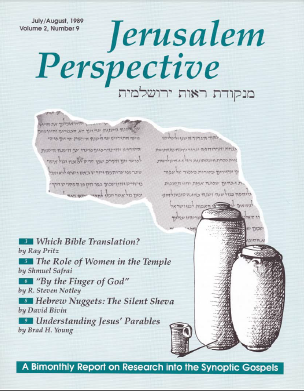

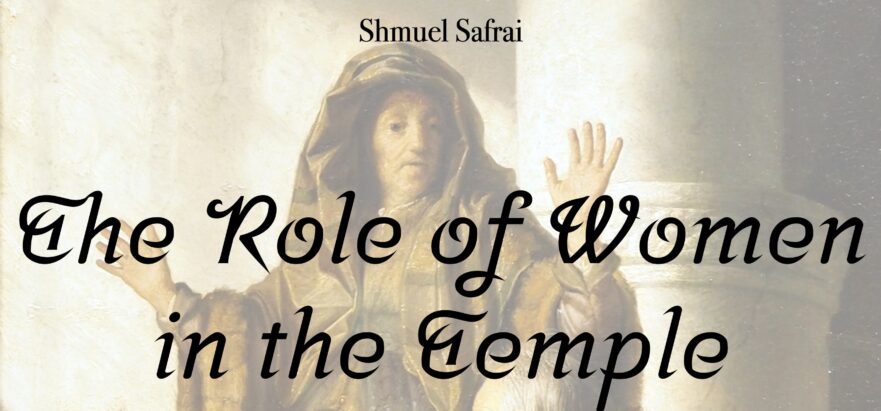
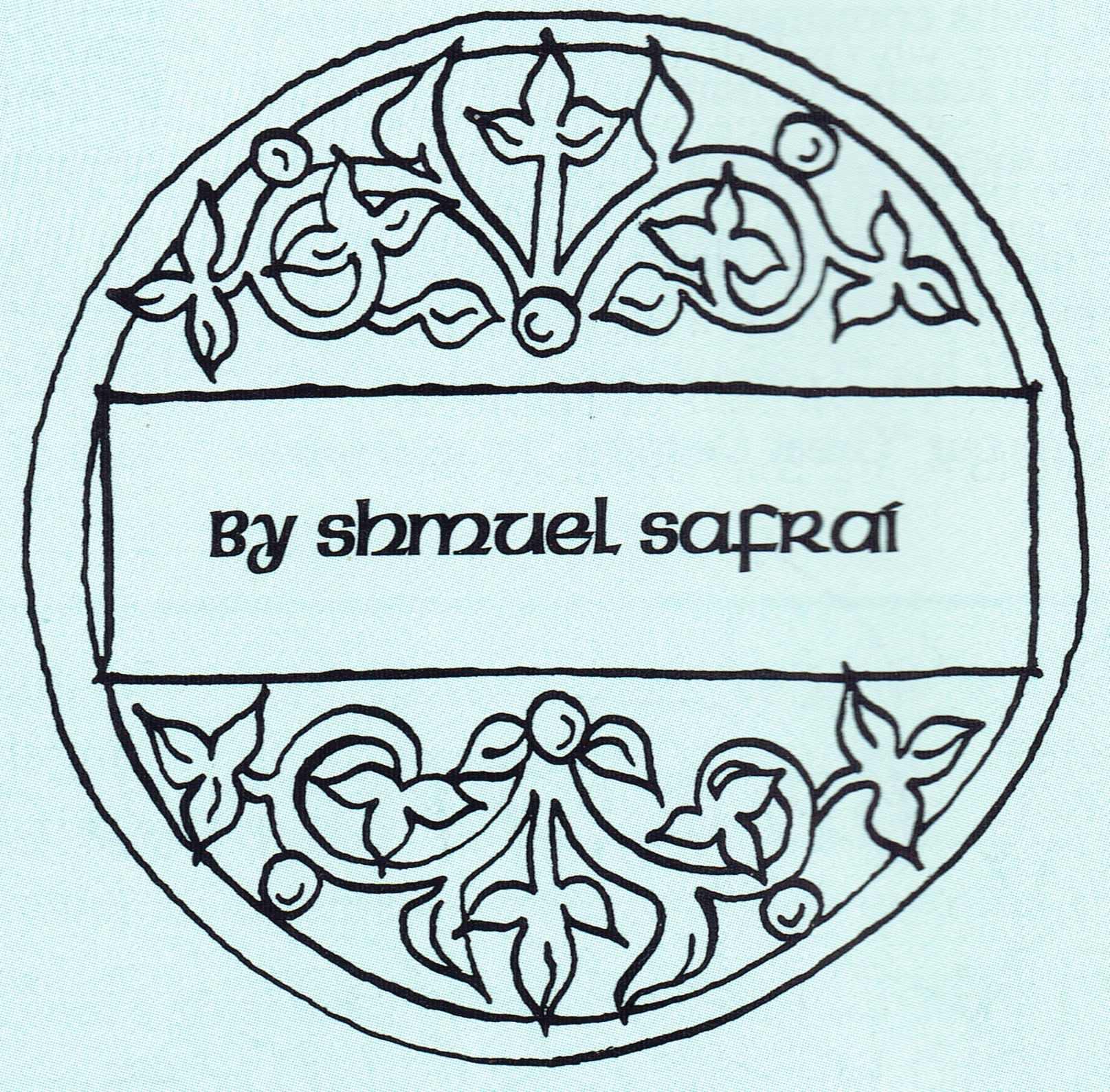

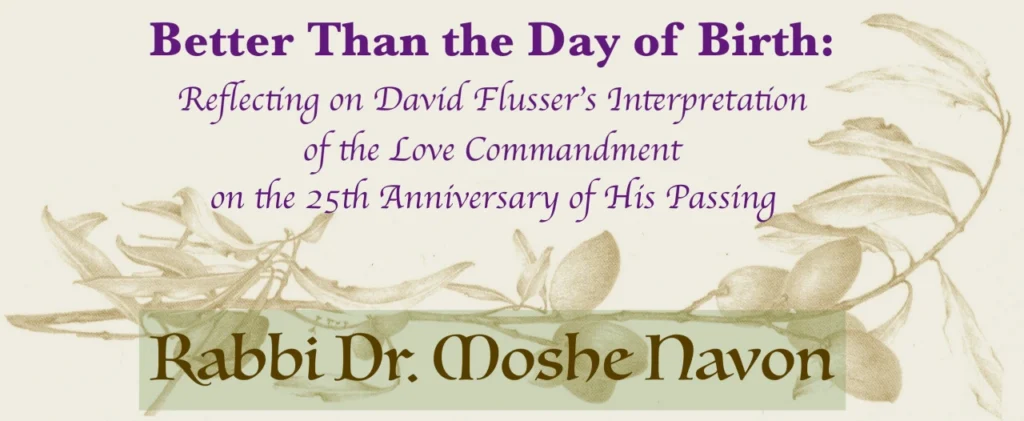

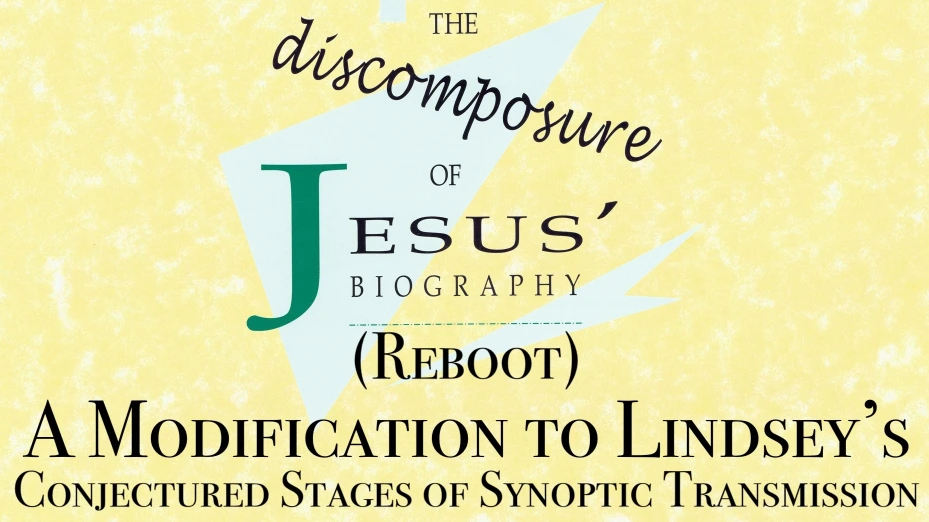

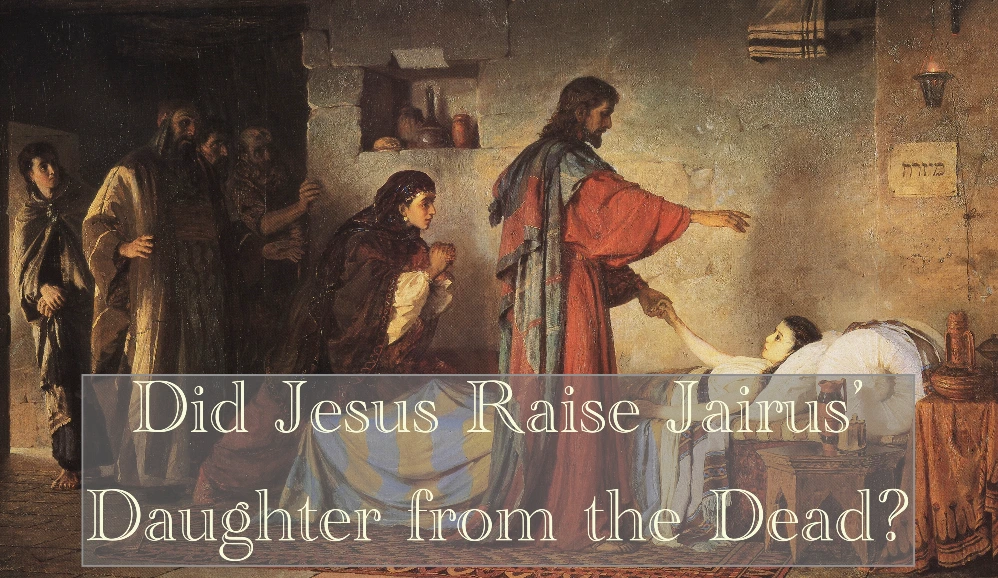
![Shmuel Safrai [1919-2003]](https://www.jerusalemperspective.com/wp-content/uploads/userphoto/20.jpg)

Comments 4
Didn’t the first century Pharisees make additional laws that restricted women more in the Temple as well as other activities, where they were more free prior to that time?
No, we think you are mistaken. The first-century Pharisees were generally more open to women’s participation in the Temple, and even celebrated the participation of prominent women like Queen Helena of Adiabene. After the destruction of the Temple, as the power of the rabbinic sages became more firmly established, the rabbis began to adopt more restrictive attitudes towards women. But the attitudes of the later sages should not be projected back onto the first-century Pharisees.
For a helpful discussion of this issue, see Tal Ilan, “The Attraction of Aristocratic Women to Pharisaism During the Second Temple Period,” Harvard Theological Review 88.1 (1995): 1-33.
Shmuel Safrai’s JP article “Were Women Segregated in the Ancient Synagogue?” may also be of interest.
Jusqu’où pouvait aller le rôle des femmes dans le Temple et particulièrement en ce qui concerne l’enseignement de la Torah? Existait il des femmes qui enseignaient la loi?
We don’t know of any examples of women teachers of Torah in the Second Temple period. The apostle Paul was a product of his times when he did not permit women to speak (= teach ?) in congregational worship (1 Cor. 14:34-35).